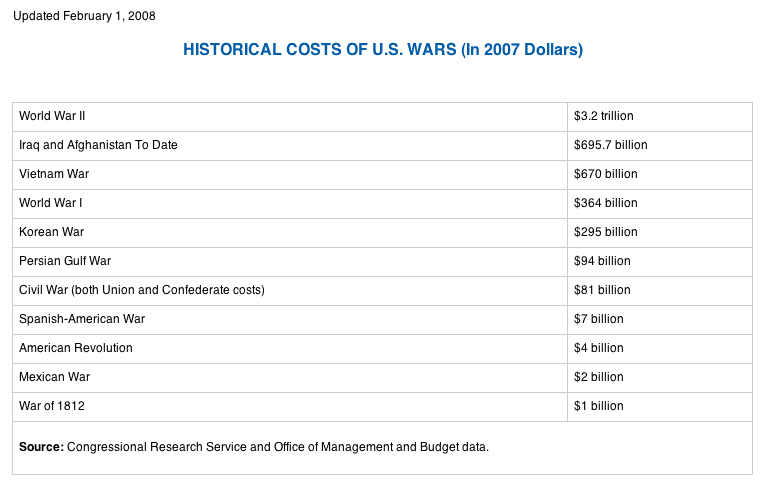Rogue state
US helicopter-borne troops have carried out a raid inside Syria along the Iraqi border, killing eight people including four children, Syrian officials say.
The official Syrian news agency Sana said the raid took place in the Abu Kamal border area, in eastern Syria.
It said that American soldiers on four helicopters had stormed a building under construction on Sunday night.
The US says it is investigating. It has previously accused Syria of allowing foreign militants into Iraq.
Syria has summoned the US and Iraqi envoys in Damascus to protest at the raid.
Seriously. WTF?
U.S. military helicopters launched an extremely rare attack Sunday on Syrian territory close to the border with Iraq, killing eight people in a strike the government in Damascus condemned as "serious aggression."
A U.S. military official said the raid by special forces targeted the network of al-Qaida-linked foreign fighters moving through Syria into Iraq. The Americans have been unable to shut the network down in the area because Syria was out of the military's reach.
"We are taking matters into our own hands," the official told The Associated Press in Washington, speaking on condition of anonymity because of the political sensitivity of cross-border raids.
If by "political sensitivity" you mean violation of the UN charter and international laws against, you know, attacking sovereign nations.
Jesus H. Christ in a hot tub, these guys really do want to fuck things up beyond repair.
Late thought: "We are taking matters into our own hands." I thought we had a Commander-in-Chief? Isn't that his job? Since when to "military officials" publicly make foreign policy decisions?
Labels: Bush administration, Iraq
Continue reading Rogue state



 Since 1949, Durhamites have slept soundly, secure in the knowledge that, in our town, erection can be depended upon. Now, thanks to the power of the internets, we can spread that security all over the world.
Since 1949, Durhamites have slept soundly, secure in the knowledge that, in our town, erection can be depended upon. Now, thanks to the power of the internets, we can spread that security all over the world.
